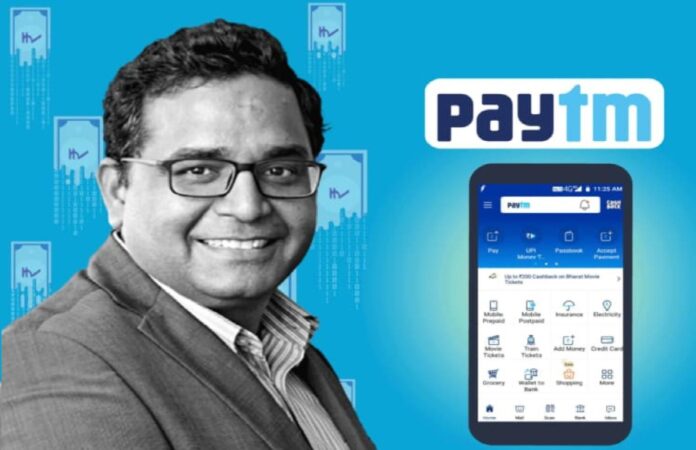Fintech giant One 97 Communications, led by Vijay Shekhar Sharma and the operator of Paytm, reported a profit after tax (PAT) of ₹928.3 crore for the July-September quarter of FY25, marking a significant turnaround from a loss of ₹290.5 crore in the same quarter last year. This profit was largely driven by a one-time gain.
Paytm’s operating revenue stood at ₹1,660 crore, a 34% decline from ₹2,519 crore in the previous year’s corresponding quarter. However, the company highlighted an improvement in EBITDA (excluding ESOP) by ₹359 crore quarter-on-quarter (QoQ), bringing it to a negative ₹186 crore. “We are committed to achieving EBITDA before ESOP profitability by Q4 FY 2025,” Paytm stated in its exchange filing. The profit was bolstered by a one-time exceptional gain of ₹1,345 crore from the sale of its entertainment ticketing business, resulting in a PAT of ₹930 crore for Q2 FY25.
Without this exceptional gain, Paytm’s loss for the quarter would have been ₹495 crore, a 70% increase compared to the same period last year.
During this quarter, Paytm finalized the sale of its entertainment ticketing business to Zomato for ₹2,014 crore, after working capital adjustments, leading to the ₹1,345 crore gain.
Including the gain, Paytm’s profit increased 11% QoQ, supported by a 5% QoQ growth in GMV (gross merchandise volume), better device realization, and a 34% rise in revenues from financial services. “Our net payment margin grew 21% QoQ to ₹465 crore, driven by improved payment processing margins, better device realization, and GMV growth. Financial services revenue increased 34% QoQ to ₹376 crore, largely due to a higher collection bonus from merchant loans and better asset quality,” the company added.
Paytm also announced it has started collaborating with select lenders, offering a default loss guarantee (DLG), which it believes will expand its financial services revenue in the long run by serving a broader merchant base.
The company’s contribution margin, excluding UPI incentives, reached 54% in Q2 FY25, despite accounting for DLG costs. “This improvement was due to higher payment processing margins and growth in high-margin financial services,” Paytm said.
As of September 2024, Paytm’s cash balance stood at ₹9,999 crore, up from ₹8,108 crore in June 2024. This figure excludes customer funds from Paytm Money Ltd (PML) of ₹449 crore in June 2024 and ₹412 crore in September 2024. The QoQ increase in cash was largely driven by the ₹2,014 crore from the ticketing business sale.
Additionally, Paytm reduced its indirect costs by 17% QoQ to ₹1,080 crore, owing to a 13% decrease in employee costs, lower marketing expenses, and the absence of one-time expenses from Q1 FY25.
Despite the positive financials, Paytm’s shares dropped by 4.08% to ₹696.25 on the BSE after a gap-up opening in morning trade. The stock is currently trading 29.8% below its 52-week high of ₹992.05, reached on October 23, 2024.


